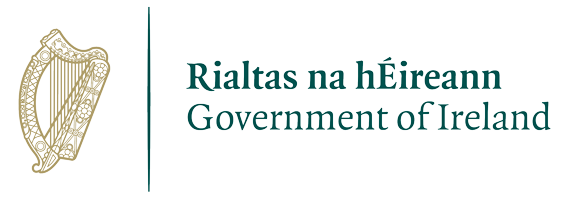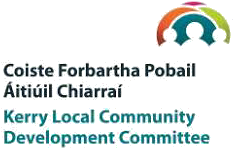The person who rents the property is a tenant. Your main rights and responsibilities as a tenant come from landlord and tenant law, and from the lease or tenancy agreement you have with your landlord (the lease agreement template can be downloaded here).
Residential Tenancies Act 2004 defines most of the tenant’s rights and agreements.
Tenant Rights
Under legislation a tenant has the right to:
- a property that is in good condition – this means that it must be structurally sound, have hot and cold water, and adequate heating. The electricity and gas supply must be in good repair and all appliances must be working;
- You are entitled to quiet and exclusive enjoyment of your home. If noise from other tenants or neighbours is disturbing you, ask them to stop and inform your landlord. If this does not work, you can make a formal complaint. See the brochure for what to do in case of disputes with neighbors. If you don’t get a satisfactory response from the dog owner, you may complain to the District Court, using the form prescribed under the Control of Dogs Act;
- Privacy – the landlord can only enter the property with the tenant’s permission;
- A receipt or statement or rent book that acknowledges payments made for rent and any other payments (e.g. utilities) made to the landlord ;
- Be served with a valid rent review notice;
- Be able to contact the landlord or their authorised agent at any reasonable time;
- Be reimbursed by the landlord for any required repairs the tenant carried out on the property which the landlord failed to undertake within a reasonable timeframe;
- Refer a dispute to the RTB.
Tenant Responsibilities
The person who rents the property is a tenant. While renting a property, a tenant is responsible for:
- Pay their rent in full and on time;
- Keep the property in good order and telling the landlord when repairs are needed. Tenants must give the landlord and those carrying out repairs access to fix the maintenance issues;
- Ensure they do not harm the property e.g. drying clothes inside without proper ventilation as this may cause damp to spread;
- Allow a landlord to carry out inspections of the property at reasonable intervals on an agreed date and at an agreed time with the tenant;
- Let the landlord know who is living in the property. A landlord is entitled to know who is living in the property;
- Not engaging in anti-social behaviour;
- Comply with the terms of the tenancy agreement, whether written or verbal;
- Give proper notice when they plan to end the tenancy;
- Keep a record of repairs, payments and dealings with the landlord;
- Ensure they don’t do anything that could affect the insurance premium on the property e.g. engaging in hazardous acts.





